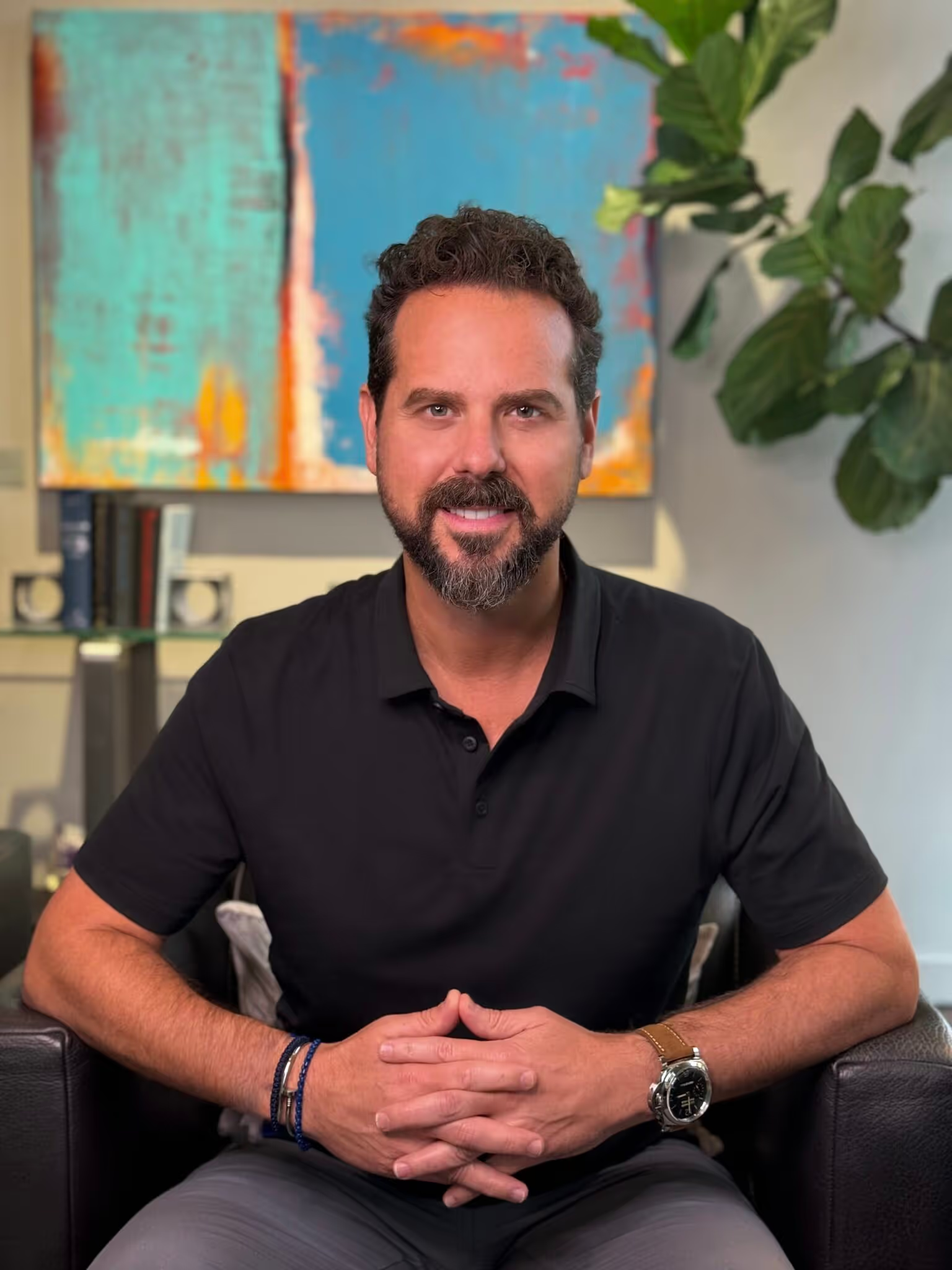
The Story You Tell Yourself About Love
Throughout my last few posts, I’ve discussed the stories we tell ourselves (also the title of my first book) about particular issues in our lives.
For instance, we tell ourselves certain stories about work, money, politics, spirituality—largely based on the way our parents (or primary caregivers) modeled these topics for us.
The most challenging stories we tell ourselves—the ones that tend to get us into deep, hot water over and over again—are the ones we use when it comes to love.
In my book, I asked these questions to help you consider the stories you may be (knowingly or unknowingly) telling yourself about love:
When you find yourself in love, what films play in the back of your mind?
How did your parents display their love for each other and for you?
Did they model affection?
Did they speak well of each other?
Did they unduly criticize you or each other?
Did they fight with loud and vocal arguments or with silence and slammed doors?
Did they throw curses or punches at you or their spouse?
Or did they use sarcasm and passive-aggressive behavior to get what they wanted?
Did they trust each other?
Or were they vocal about their distrust?
This list could be endless, but the point is to help you remember and reconsider how the person or people who raised you modeled love to you.
Then ask yourself—or, if you’re even more daring, ask your loved one—how your upbringing may still be affecting how you express love today.
Such an exercise may just open your eyes to how the stories you’ve always told yourself about love may have been thwarting your best intentions all along.

